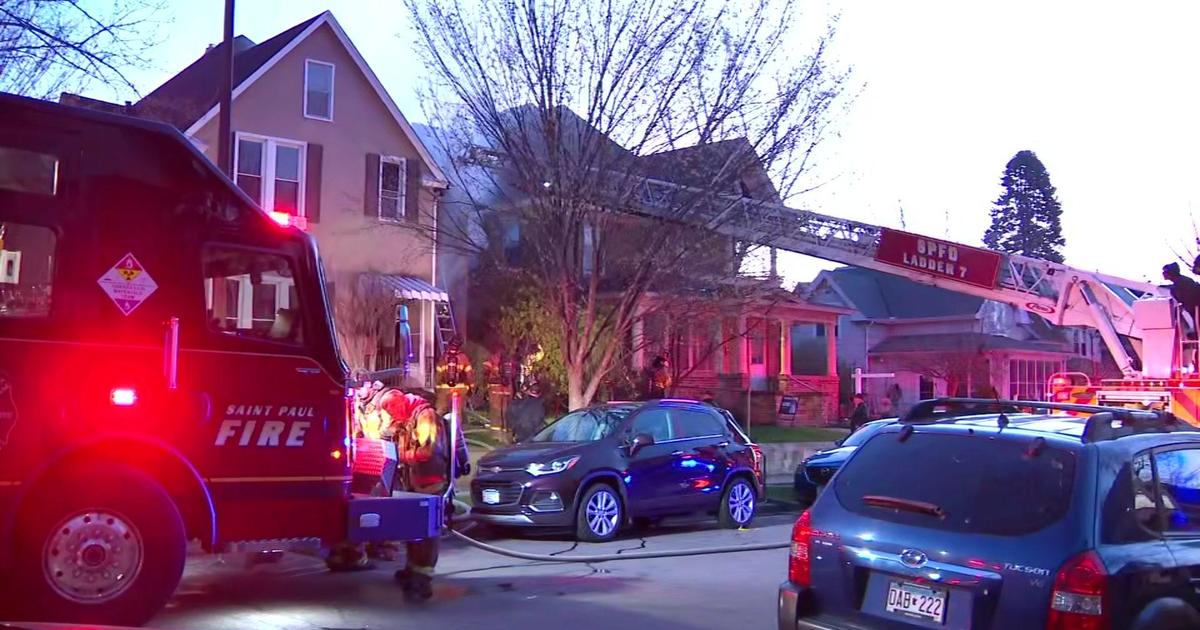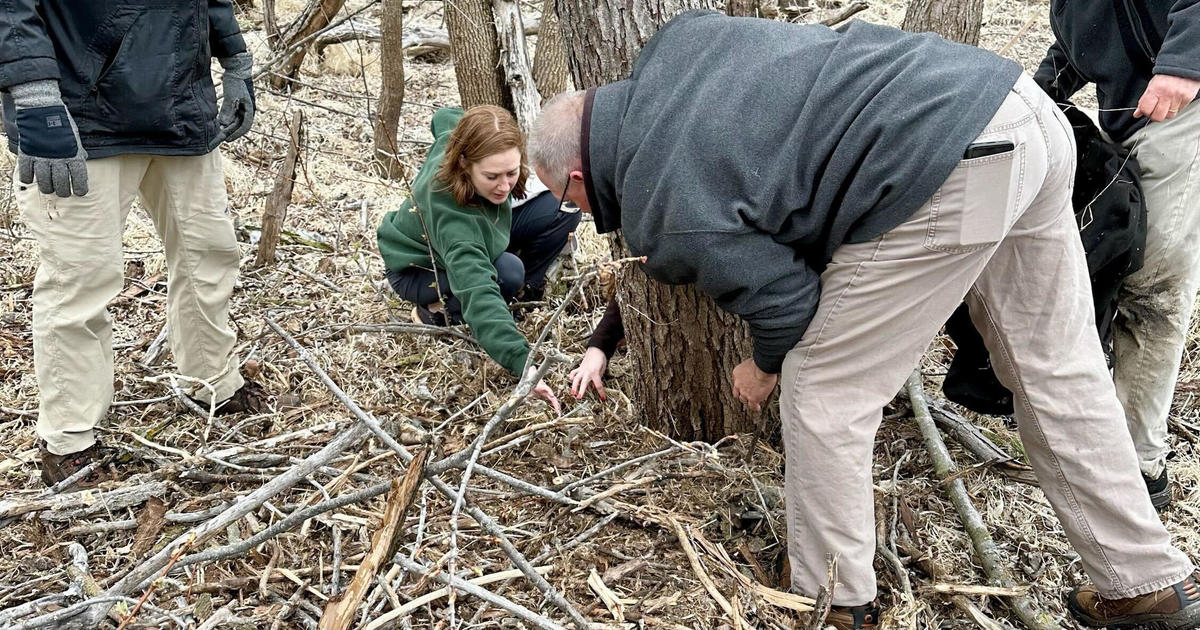Good Question: Why Are Some Of Us Early Risers?
By Jason DeRusha, WCCO-TV
MINNEAPOLIS (WCCO) -- What time do you wake up in the morning? Are you an early bird or a late riser?
"My father and I argue a lot about waking up in the morning," e-mailed Sam Montgomery, 22, from St. Paul. "I'm a late riser, he's an early bird. He always tells me: 'The world wakes up early Sam. In order to make it in this world, you need to be up!''"
So, why do some of us wake up early all the time, and others can't get up before 9 a.m.?
"I hate to oversimplify it, but it's largely in the genes," said Dr. Conrad Iber, director of the Minnesota Regional Sleep Disorders Center at Hennepin County Medical Center.
It's why if you're a late riser, even if you have to force yourself to wake up early during the week to get to work, left to your own devices on the weekend, you'll sleep until 10:30 a.m.
"If you give a lot of stimulation of light, it's possible to change your schedule. It's hard to stay on that schedule though," said Iber.
You've heard of the body clock, and according to Iber, it's a real thing. Inside our brain, the size of one grain of rice, is the suprachiasmatic nucleus.
"It's an area where it's actually regular electrical activity. I won't call it ticking, but there's a regular electrical activity in the neurons in that area, and cohesively they form the clock in the brain," said Iber.
"I have always been a night owl and I barely make it to work before 9 a.m. daily," Leah Michele wrote on DeBlog.
"This is called delayed sleep phase syndrome and it's a real problem," said Iber.
In general, in our society, early birds don't usually have problems because most jobs are day jobs.
"They make it to work. The problem may be in the evening. You may not be as sociable because you want to go to bed, but that's not as much of a burden," said Iber.
To really change your clock, it's a tough battle he said. People may need to try to find a job that fits their body's sleep schedule, rather than trying to work their sleep schedule around a job.
"This is not something over which someone can decide to be awake or alert. It's a physiologic phenomenon. They need sleep at that time," said Iber.
People do change as they age, however. According to Iber, people in their late-teens tend to become late-risers, needing to wake up really late. When they become older, it shifts in the other direction.
"There is a physiologic reaction. People who are older tend to have advanced sleep phase. They're a lark," said Iber.
Why does that happen?
"We don't know," he said.
WCCO-TV's Jason DeRusha Reports



